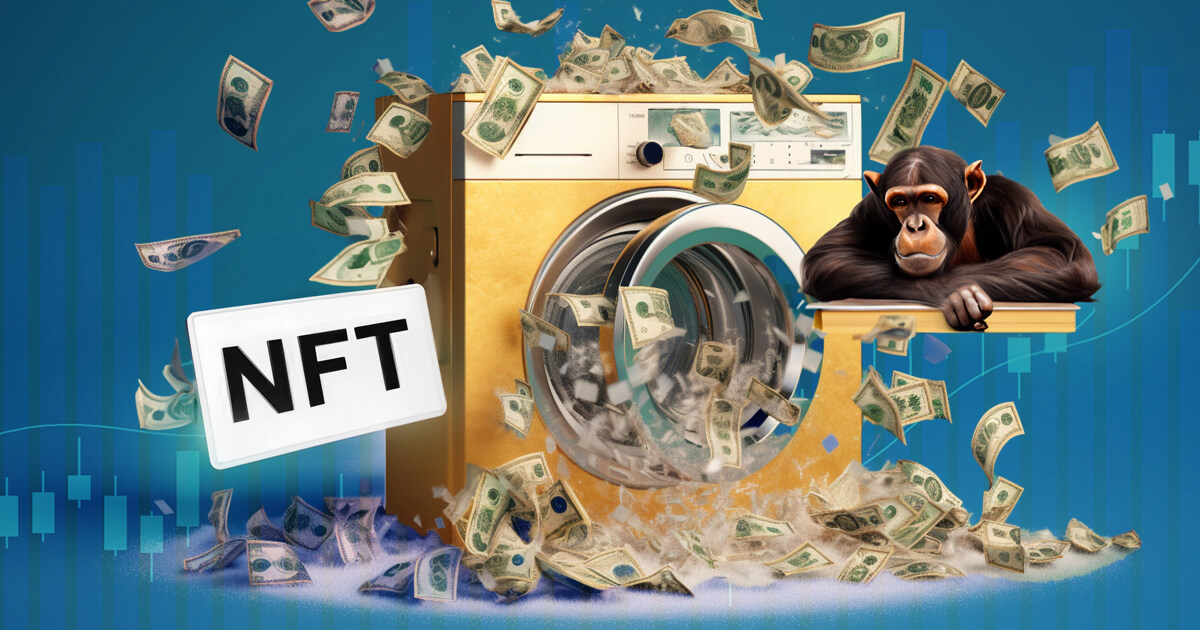‘Bitcoin Willy Wonka’ Max Keizer now works for El Salvador’s government
The President of El Salvador has appointed pro-Tether Bitfinex investor, ICO promoter and self-described Bitcoin Maximalist Max Keizer to a senior government position. According to a message from the local outlet El Faro, Keizer and his wife Stacy Herbert displace some of the responsibilities of El Salvador’s official foreign ministry.
Keizer currently claims to be a Bitcoin maximalist, despite personally promoting a number of small altcoins, including Quark (QRK), StartCoin (START), and his own ICO, MaxCoin (MAX). He remains a staunch proponent of Tether (USDT), Tether Gold (XAUT), and Bitfinex. Bitfinex, one of his portfolio companies, has issued three additional tokens: BFX, RRTand LEO.
This apparent contradiction is not particularly unusual. With Keiser, things never quite add up.
He purposefully cultivates a strange, splashy and messy personal brand. Late night TV host Trevor Noah described him as “Bitcoin Willy Wonka” and his media appearances often include psychedelic imagery and frivolous ran.
Read more: Opinion: Bitfinex is going completely fascist
He and his wife now work for the government of El Salvador.
The duo has previously supported Russian propaganda. Researchers caught Keizer deleting tweets criticizing Ukraine and calling the Russian invasion a hoax.
Tether, Bitfinex and Max Keizer in El Salvador
In November 2022, self-styled dictator Nayib Bukele mandated his leading branch offices to work with Max and Stacy on Bitcoin-related matters.
The executive order creating the National Bitcoin Office suggested it could dilute the power of El Salvador’s Ministry of Foreign Affairswhich usually handles diplomatic matters.
Along with their new positions, Keizer and Herbert were given the authority to open El Salvador-backed Bitcoin embassies in Europe and the United States. El Salvador already has one Bitcoin embassy in Switzerland. There are also plans to open one in Texas.
Keizer and Herbert: Bitfinex cheerleaders
News of their appointment to the National Bitcoin Office did not include information such as salary. On the other hand, Keizer and Herbert could easily see the appointment as a way to prop up Bitfinex businessesincluding its closely related stablecoin, Tether.
President Bukele listed Tether as one of only three acceptable forms of payment for the country’s sovereign ‘Bitcoin Bonds’: USD, bitcoin and Tether.
As part of their leadership positions, they can also control who invests in El Salvador’s digital asset ventures – and suggest which platforms they should use to invest. Bitfinex is of course an investment platform; Keizer is an investor.
Furthermore, Bitfinex has several Italian investors and managers and is active in Italian-speaking areas in Switzerland. Bitfinex helped launch a state-backed stablecoin, LVGA, and various Tether and Bitcoin projects in the Italian-speaking Swiss city of Lugano. An El Salvadoran ambassador appointed a Swiss citizen, Josué López, as the country’s Bitcoin Consul.
El Salvador’s ambassador to the United States, Milena Mayorga, referred to Texas as “our new ally” in a chirping. She visited Texas with an entourage that included Keiser.
Bitcoin as legal tender in El Salvador
El Salvador adopted bitcoin as legal tender in 2021. Since then, it has used as much as 105 million dollars to buy bitcoin for the treasury. On November 17, 2022, Bukele indicated that El Salvador would buy one bitcoin per day.
Read more: Bitcoin ATM Startup Sues Ex-Executive Over Failed El Salvador Launch
While enabling bitcoin as legal tender, it faced challenges such as a buggy state-created bitcoin wallet, a lackluster rollout of bitcoin ATMs, and pushback from the International Monetary Fund. It continued to delay the issuance of ‘Bitcoin bonds’ intended to fund a volcano-powered bitcoin mining operation. The country also announced Volcano Bonds to build a city, the renderings of which were plagiarized from a manga series.
Privately funded initiatives such as Bitcoin Beach i El Salvador saw more success in getting people on board with Bitcoin. Previous ‘Bitcoin embassies’ included privately funded educational centers intended to promote Bitcoin in New Hampshire and Atlanta.
For more informed news, follow us further Twitter and Google News or subscribe to our YouTube channel.


